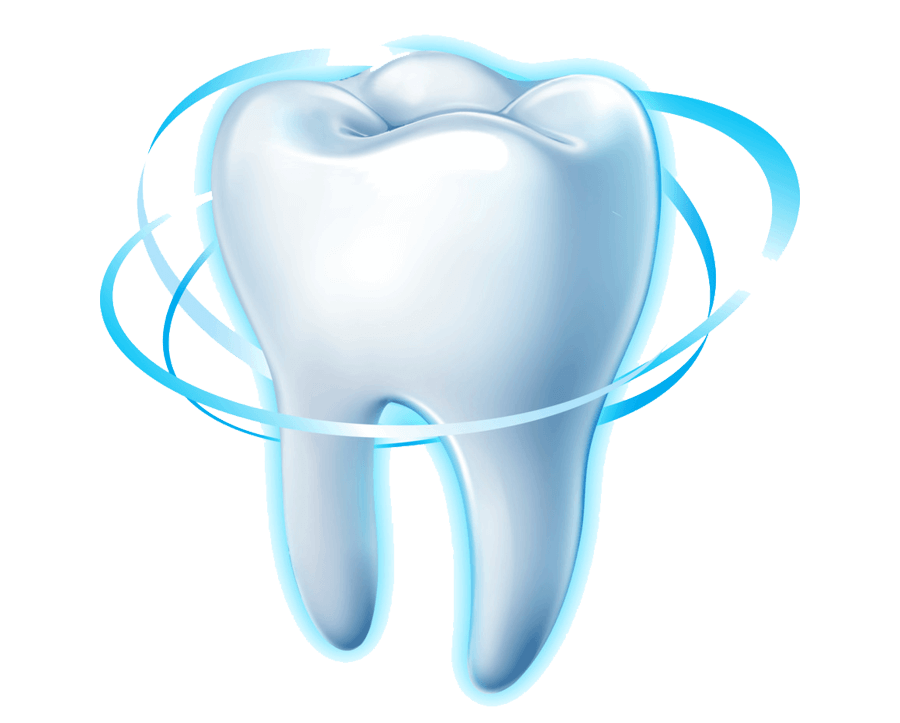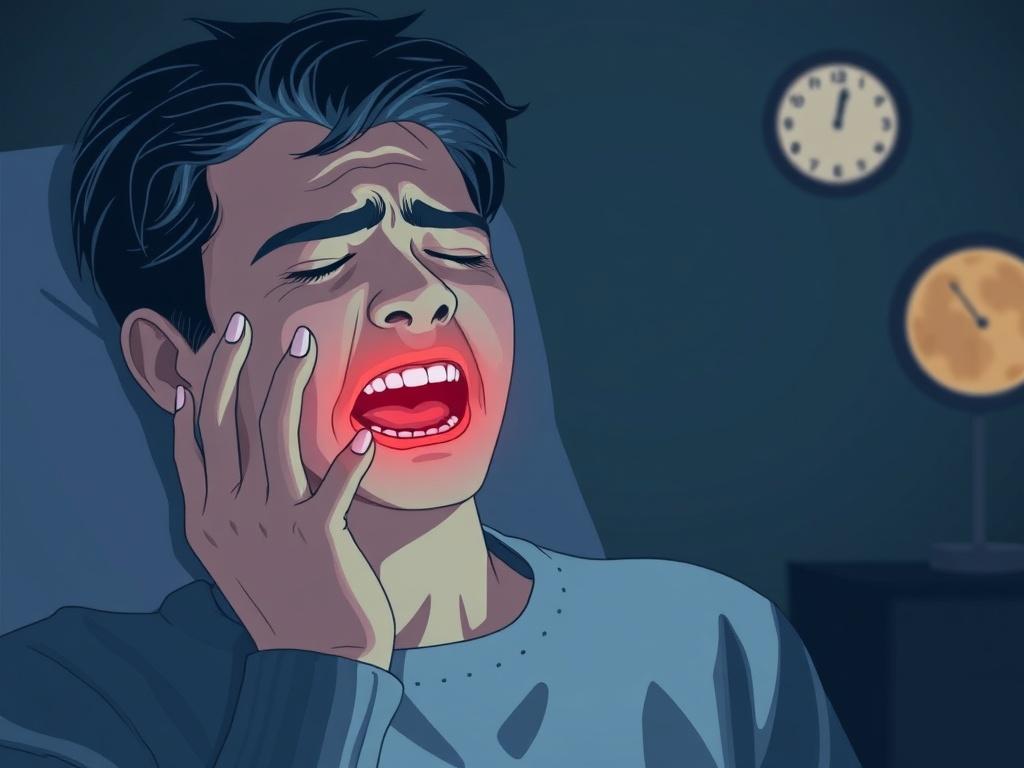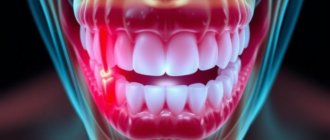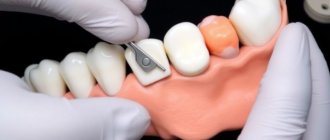A sudden, severe toothache in the middle of the night can feel like a nightmare come true. When pain disrupts your sleep and your usual dental office is closed, it can be challenging not to panic. But don’t worry — you’re not alone, and there are effective ways to manage toothache pain at night until you can see your dentist. Understanding how to handle severe toothache at night is essential because the longer you wait, the more uncomfortable you become, and the problem could worsen.
In this article, we’ll walk you through everything you need to know about handling severe toothache at night. From home remedies and over-the-counter options to measures that prevent worsening symptoms, you’ll gain clear, practical advice for navigating this uncomfortable situation.
Содержание
- 1 What Causes a Severe Toothache at Night?
- 2 Why Is Toothache Worse at Night?
- 3 Immediate Steps to Ease Severe Toothache at Night
- 4 Home Remedies to Handle Severe Toothache at Night
- 5 Do’s and Don’ts When Handling Severe Toothache at Night
- 6 When to Seek Emergency Dental Care
- 7 How to Prepare for Your Dentist Visit After a Nighttime Ache
- 8 Preventing Future Nighttime Toothache Episodes
- 9 Understanding Pain Management Options Beyond Home Care
- 10 Final Thoughts: Don’t Let a Severe Toothache Steal Your Night
What Causes a Severe Toothache at Night?
Toothaches, especially severe ones, don’t just pop up without reason. They’re almost always a sign of an underlying dental problem. Several conditions can lead to toothache pain, including:
- Tooth decay: Cavities caused by bacterial buildup that lead to enamel erosion.
- Dental abscess: A pocket of pus caused by infection inside the tooth or gums.
- Cracked or fractured tooth: Injury or wear can expose the inner pulp, causing pain.
- Gum disease: Inflammation and infection of gums can cause deep, throbbing pain.
- Teeth grinding (bruxism): Excessive pressure on teeth during sleep damages enamel and nerves.
At night, several factors can amplify the pain. When you lie down, blood flow to your head increases, which can intensify inflammation and make the pain feel worse. Additionally, the quiet and darkness make you more aware of the discomfort.
Why Is Toothache Worse at Night?
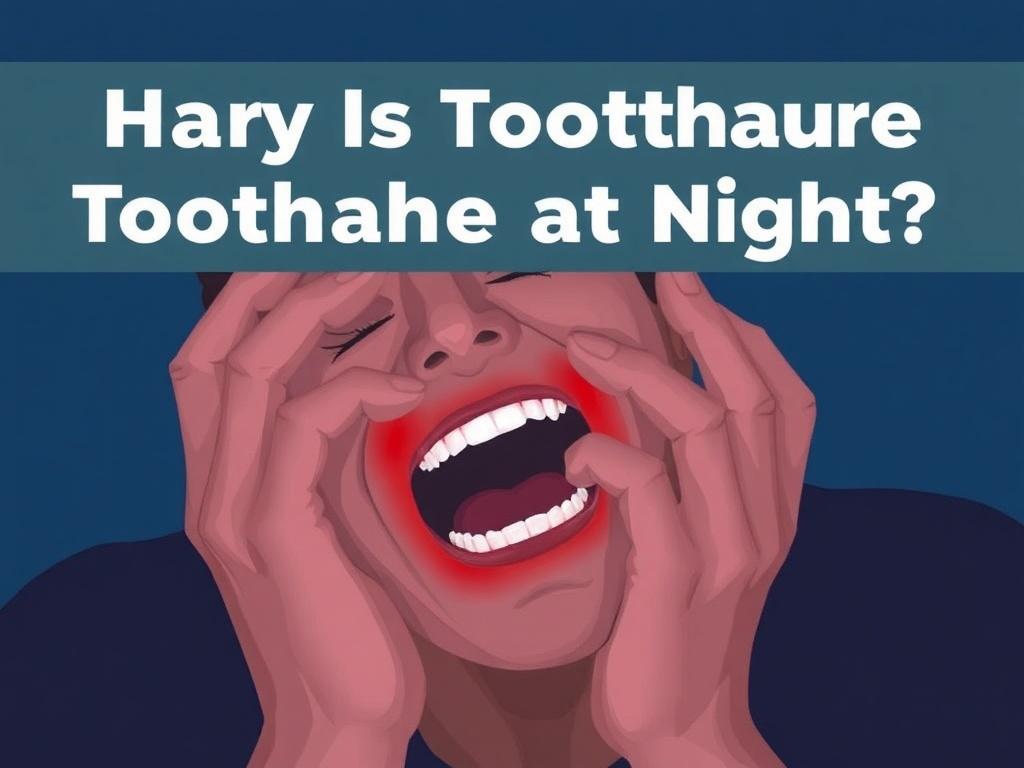
You might be wondering, why does a severe toothache at night seem so much more painful than during the day? The answer lies in a few natural processes.
First, your body’s natural distractions during daytime – work, social interactions, and movement – keep your mind off the pain. When everything quiets down at night, your brain has fewer stimuli to focus on, making the toothache more noticeable.
Secondly, blood flow patterns change when you lie flat. Your head is level with your heart, causing increased blood pressure in the vessels around your jaw, which heightens the pain and throbbing sensation.
Lastly, the absence of light and the calm environment may exaggerate any discomfort. This explains why finding ways to “handle severe toothache at night” becomes even more crucial.
Immediate Steps to Ease Severe Toothache at Night

When you wake up with a severe toothache or the pain starts keeping you awake, taking prompt action can make a world of difference. Here’s a simple step-by-step guide to help you manage toothache pain until professional care is available.
1. Rinse with Warm Salt Water
One of the easiest and most effective home remedies involves rinsing your mouth with warm salt water. Salt works as a natural antiseptic, reducing bacteria and inflammation. Mix about half a teaspoon of salt in a cup of warm water. Swish the rinse around your mouth for 30 seconds and spit it out. Repeat a few times if needed. This method helps clean the area around the tooth and reduce swelling.
2. Take Over-the-Counter Pain Relievers
Nonsteroidal anti-inflammatory drugs (NSAIDs) such as ibuprofen often work best for toothache. They not only alleviate pain but also reduce any inflammation in the affected area. Follow the dosage instructions on the package and do not exceed the recommended amount. If you are allergic or unsure, acetaminophen (Tylenol) can be used instead for pain relief.
3. Apply a Cold Compress
Using a cold pack or wrapped ice over the cheek near the painful tooth helps to numb the area and reduce swelling. Apply for 15-20 minutes at a time with 15-minute breaks in between. This method can effectively dull the intense pain and calm inflammation.
4. Avoid Certain Foods and Habits
Try to steer clear of very hot, cold, acidic, or sugary foods as they can exacerbate the pain. Also, avoid chewing on the side of the toothache to prevent further irritation.
Home Remedies to Handle Severe Toothache at Night
Sometimes, when you cannot immediately get over-the-counter medication or want to try natural options, certain home remedies may provide temporary relief. These remedies aren’t permanent fixes but can be part of your nighttime pain management plan.
| Remedy | How It Helps | Instructions |
|---|---|---|
| Clove Oil | Contains eugenol, a natural anesthetic and antibacterial agent | Soak a cotton ball in clove oil and apply gently to the painful tooth/gum area |
| Garlic | Contains allicin, which has antimicrobial properties and pain relief effects | Crush a garlic clove and apply directly on the sore tooth or chew slowly |
| Hydrogen Peroxide Rinse (3%) | Kills bacteria and helps reduce plaque and gum swelling | Dilute equal parts of 3% hydrogen peroxide and water; swish and spit without swallowing |
| Peppermint Tea Bag | Soothes the area and has mild numbing effects | Let a peppermint tea bag cool, then place it on the sore area |
While these remedies may ease the pain, keep in mind they serve as temporary relief strategies and don’t replace professional dental care.
Do’s and Don’ts When Handling Severe Toothache at Night
Knowing what to do — and what to avoid — during a nighttime toothache can make your experience less stressful and possibly prevent complications. Here’s a handy list to remember:
Do’s
- Do maintain good oral hygiene by gently flossing and brushing the affected area
- Do keep your head elevated while resting to reduce blood flow to the inflamed area
- Do use pain relief methods consistently but responsibly
- Do apply cold compresses but avoid direct ice contact with skin
- Do keep track of your symptoms and pain levels for your dentist
Don’ts
- Don’t apply aspirin or other painkillers directly on the gums or tooth as it can cause burns
- Don’t use heat on the painful area as it can worsen inflammation
- Don’t consume very hot, cold, alcoholic, or sugary drinks during severe pain
- Don’t ignore persistent or worsening symptoms without seeking dental care
- Don’t use cotton balls soaked in oil or preparations unless sure of their safety
When to Seek Emergency Dental Care
Most nighttime toothache situations can be handled at home temporarily, but some signs mean you need urgent professional treatment. Don’t delay if you experience:
- Severe swelling of the face or jaw, which may indicate an abscess
- Fever combined with tooth pain, suggesting infection
- Difficulty breathing or swallowing
- Uncontrollable bleeding in the mouth
- Extreme pain that does not respond to over-the-counter medications
If any of these symptoms arise, contacting an emergency dentist or visiting the ER is recommended to avoid complications.
How to Prepare for Your Dentist Visit After a Nighttime Ache
Once you’ve managed to get through the night with a severe toothache, it’s essential to prepare for your dental visit so the process is as smooth as possible. Keep these tips in mind:
- Write down your symptoms, including when the pain started and any triggers
- List any remedies or medications you used
- Note if you have any allergies or medical conditions
- Be ready to describe the pain type: sharp, throbbing, constant, or intermittent
Sharing these details will help your dentist diagnose the problem quickly and create an effective treatment plan.
Preventing Future Nighttime Toothache Episodes
While handling severe toothache at night effectively helps in emergencies, preventing such pain in the first place is even better. Developing good oral hygiene habits and regular dental checkups can reduce the risk of cavities, infections, and other issues that cause toothaches.
Tips for Prevention
- Brush your teeth at least twice daily with fluoride toothpaste
- Floss once daily to remove plaque between teeth
- Visit your dentist every 6 months for cleanings and evaluations
- Limit sugary food and drink consumption, especially before bed
- Wear a night guard if you grind your teeth at night
- Address dental problems early before they worsen
Understanding Pain Management Options Beyond Home Care
If your toothache is severe or persistent, your dentist may recommend more advanced pain relief or procedures. These might include:
| Treatment | Description | When It’s Used |
|---|---|---|
| Prescription Painkillers | Stronger medications to manage acute pain | When OTC medications are insufficient |
| Antibiotics | Treat underlying bacterial infections causing the toothache | If there is an abscess or spreading infection |
| Root Canal Therapy | Removal of infected or inflamed pulp inside the tooth | Severe infection or nerve damage |
| Tooth Extraction | Removal of an irreparable damaged or infected tooth | When the tooth can’t be saved |
Knowing that these options exist can provide peace of mind when home remedies only provide partial relief.
Final Thoughts: Don’t Let a Severe Toothache Steal Your Night
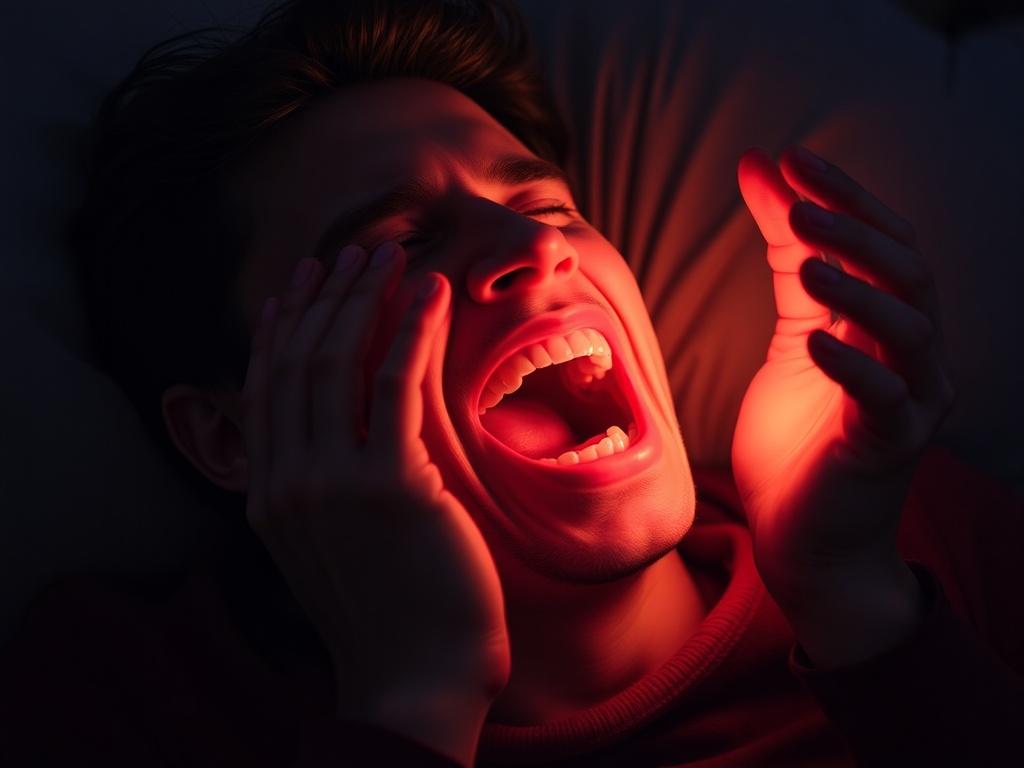
Handling severe toothache at night can feel overwhelming, but with the right knowledge and tools, you can find effective relief. Saltwater rinses, over-the-counter pain relievers, cold compresses, and certain home remedies provide a lifeline until you reach your dentist. Avoid harmful practices and maintain elevated head positioning to minimize pain intensity. Most importantly, don’t ignore persistent or worsening symptoms — seek professional dental care promptly. With proper prevention and timely responses, you can minimize the chances of another painful nighttime episode. Your smile and restful sleep deserve nothing less.
